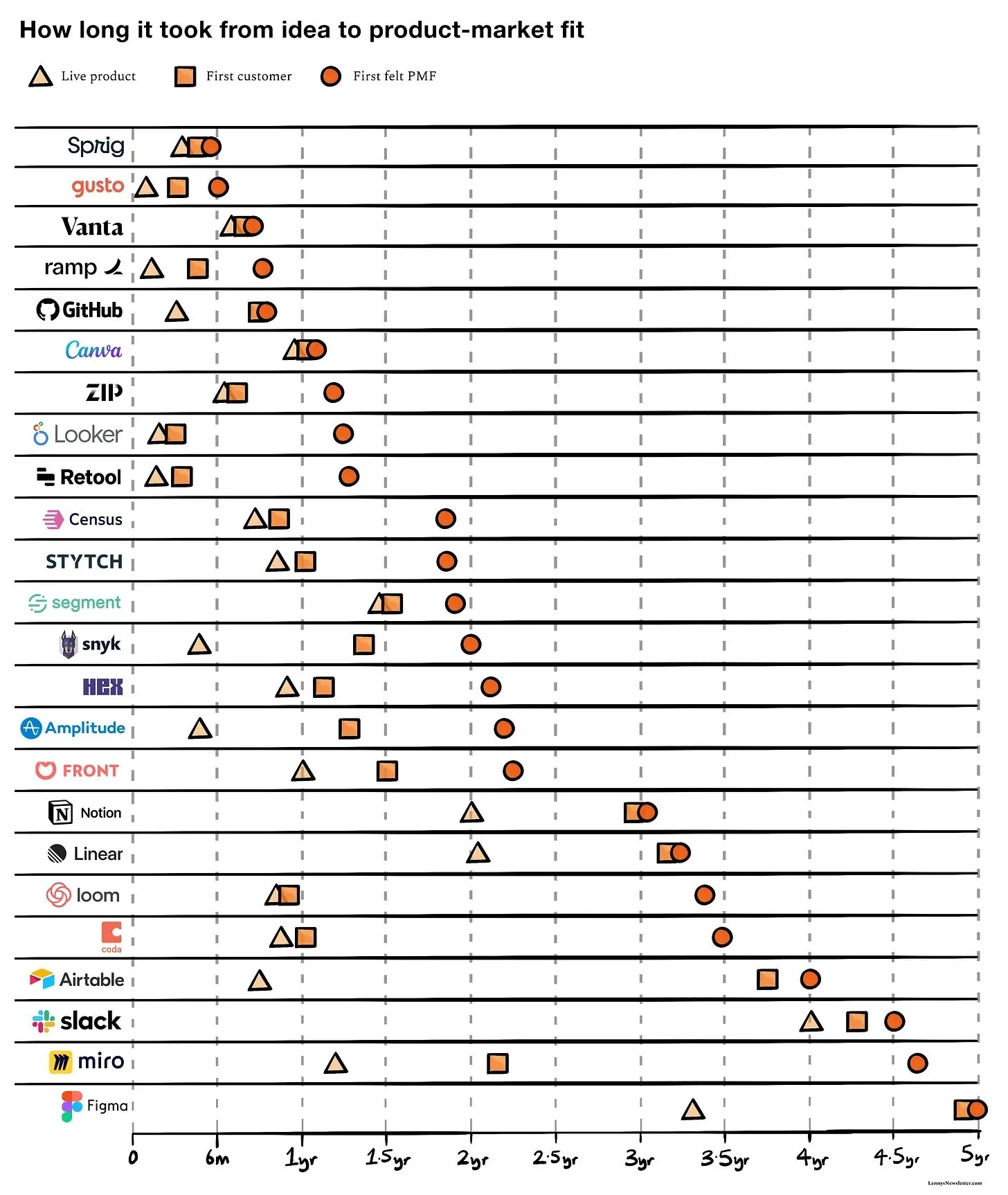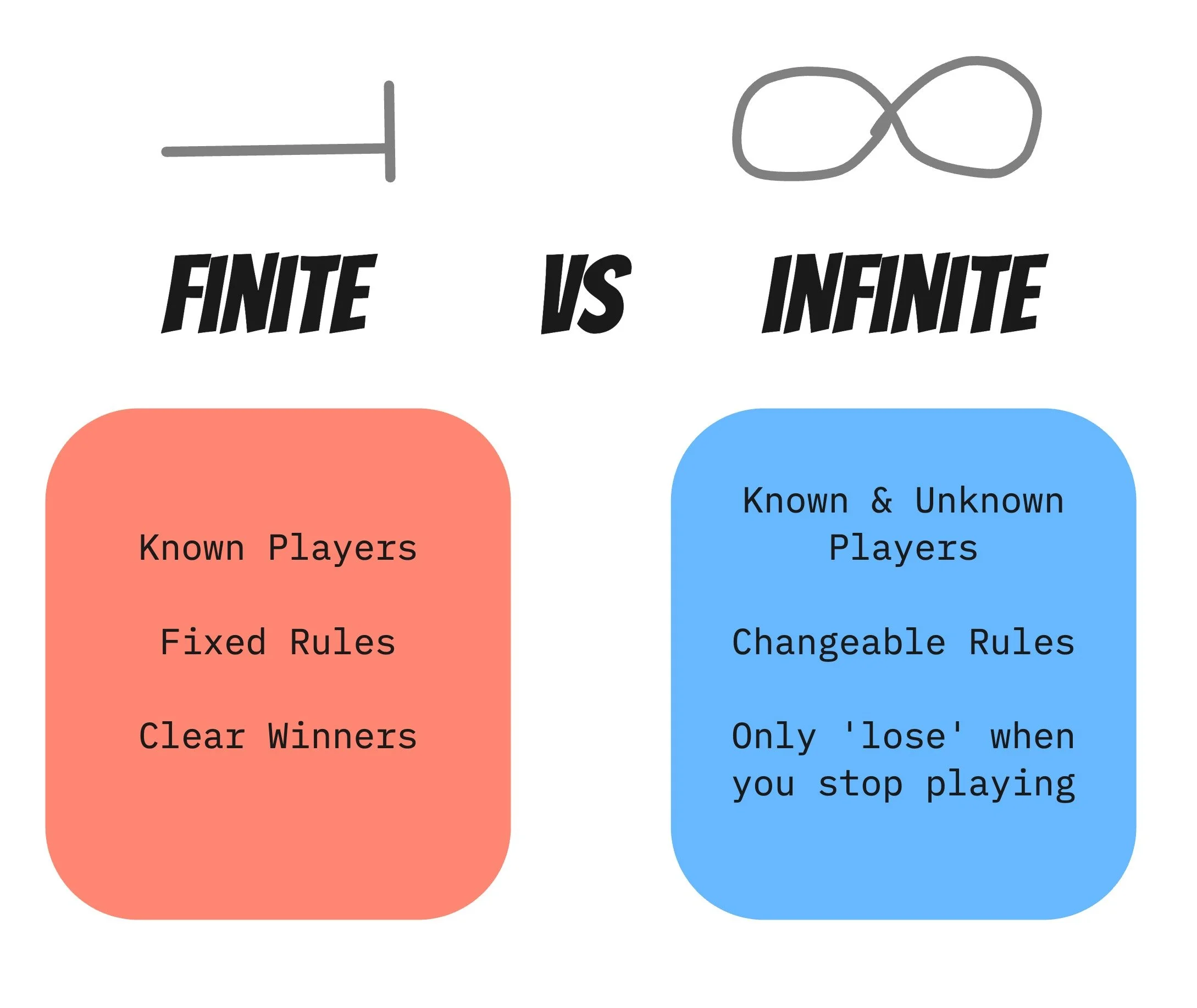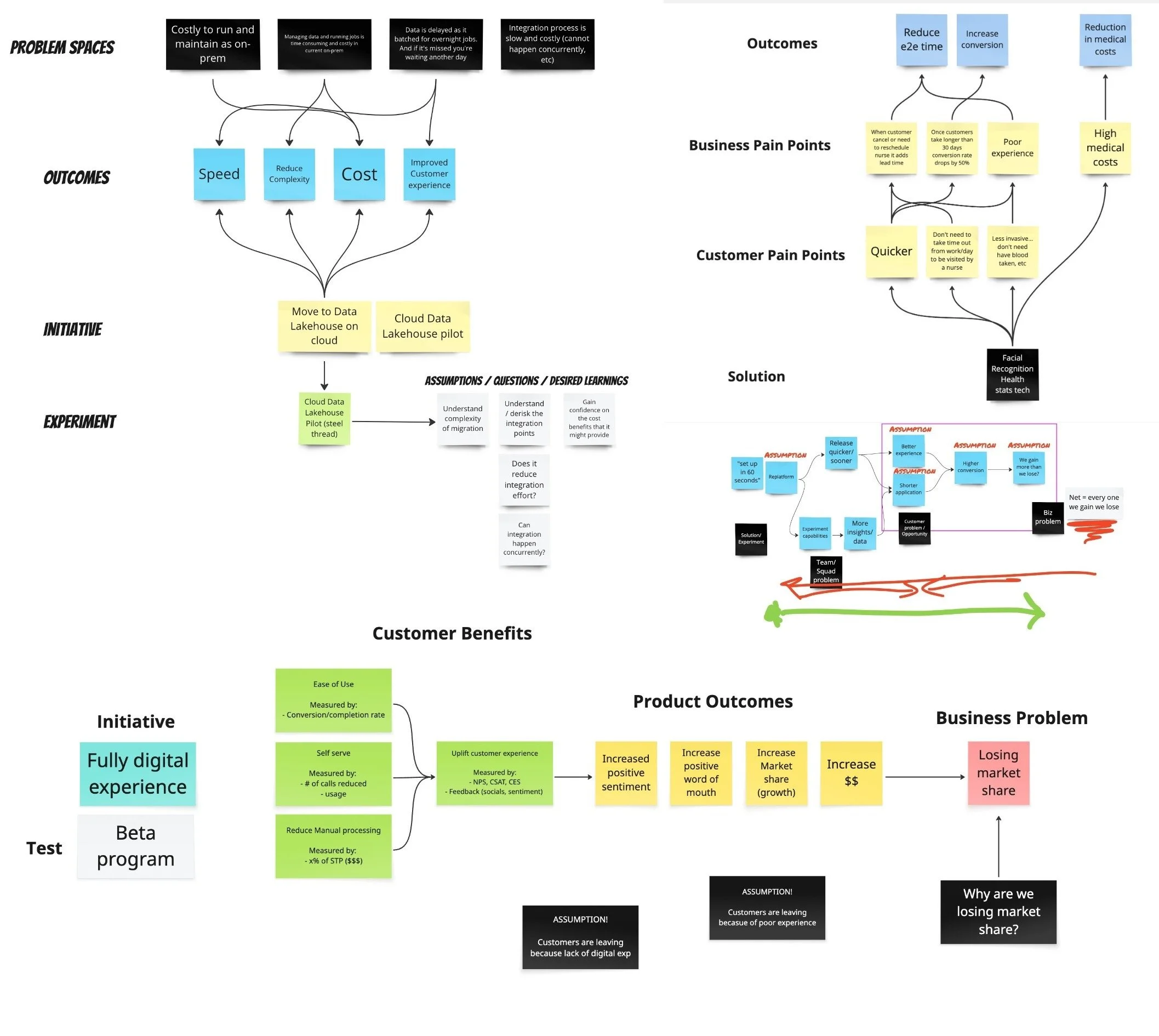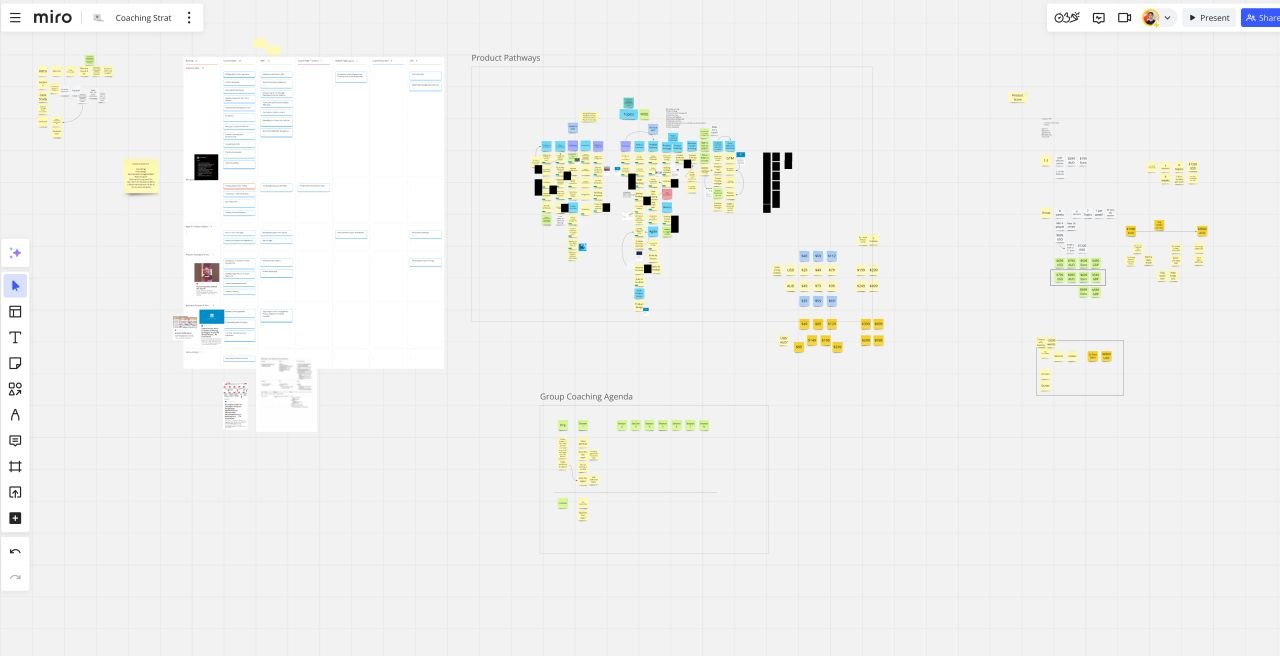Think in Decades, Not Years
"It takes 10 years to be an overnight success"
Jeff Bezos once said in an interview with Forbes "Friends congratulate me after a quarterly-earnings announcement and say, 'Good job, great quarter.' And I'll say, 'Thank you, but that quarter was baked three years ago.'"
As the saying goes, "It takes 10 years to be an overnight success". It's hard to pin down who exactly said this but it's a brilliant quote!
I learned this the hard way.
I gave up on my first business.
Like most fresh 20-year-olds in university, I wanted to start my own business. Lacking experience, I had a desire to make a meaningful impact on the world and I knew that the best way to do that would be to start a business.
Figuring I'm decent at coding and have a half-decent eye for design, I thought I'd start a creative agency.
Even if it wasn't 'THE THING', it would bring in some revenue and could help unlock the ‘next thing’.
But 12 months later and three clients, I gave up.
For the next couple of months, I toyed with a bunch of new ideas, two that I took seriously but didn’t pursue any of them.
I probably made about $5k total in that time and figured I needed a 'real' job.
Today when I look back on that experience I see it from an entirely different perspective.
In hindsight, it was actually looking good - it could have really worked!
I had 3 clients and (some) revenue… sure there were some big skill gaps, but I was 20!
I look back on it and think, what was I thinking? Did I honestly think I would be able to quit my job and be able to pay the bills in a few months?
I truly believe the business could have worked. I just gave up too early.
I fell into the common mistake of chasing overnight success.
I’m now onto my 4th business (still running two) and I’ve learned that building a business is f**ing hard! It takes time.
What I really lacked back then was persistence.
Why Most Products Fail
It's often quoted that most products and companies fail because of a lack of Product-Market-Fit, but a better question to ask is why?
After a decade working on digital products and studying businesses I’ve learned few products have product-market-fit (PMF) when they first launch. In fact, I’d go so far as to say that no product has PMF at launch.
Instead, it takes time and multiple iterations based on feedback to get there.
Seems logical but it’s not easy to do in practice.
Stubbornness, impatience and ego get in the way. We want to believe we’re right - and to a degree rightly so, starting a new business or launching a new product, takes courage and conviction - but that conviction cannot get in the way of pivoting based on feedback.
Impatience was something I only recently added to the mix. Prior I believe it was simply down to ego that got in the way. But after coaching dozens of founders and 100s of Product Managers, I noticed another pattern.
I saw a mirror of my 20-year-old self - not literally, but in terms of behavior and mindset.
I saw founders frustrated that their 3-month-old product isn’t selling as they expected it to. I saw execs in large enterprises believe that the shinny new product idea they dreamed up will make millions from day one. But seldom did any of that turn out to be true.
I also saw too many founders give up far too early. Many too quick to jump onto the next idea (because that one is going to be ‘the one!’).
Rather building great products takes time. Lenny's Newsletter recently had a great data set to illustrate this.
Credit Lenny’s Newsletter: How long it took B2B companies to launch, find their first customers and PMFBased on the data Lenny Rachitsky pulled on B2B companies, on average it took ~2 years to start to feel product-market-fit - and that’s on average.
If you look at the chart above half of the companies listed took more than 2+ years to start to feel PMF and companies such as Slack, Figma and Airtable took over 4+ years to find Product-Market-Fit.
Remember too, this is when they first started to feel PMF, there’s still a long journey to go from there!
And I can tell you now based on my experience, there are a lot of people who would have thrown in the towel long before the 3-4 year mark, my 20-year-old self included!
Therefore, I’ve come to the conclusion that patience and persistence are underrated factors here.
Yes, you need to set ego aside, not assume and pivot based on feedback, but you also need to do that long enough to make it work.
Think in Decades, Not Years
There’s a great mental model referred to as infinite vs finite games.
Finite games have clearly defined rules, roles, and boundaries. There is a clear start and endpoint to the game with clear winners and losers.
However, infinite games don’t have clearly defined rules or players. The rules are changeable and the players are both known and unknown who come and go as they please. Infinite games also don’t have a clear endpoint, the game is infinite it will continue indefinitely.
Finite games are like sports: football, baseball, etc.
Infinite games are more akin to politics and business. Businesses have existed for millennia and will continue to exist long into the future. The ‘players’ of business will launch new products, they’ll go under, and new companies and products will be created. The game perpetuates indefinitely.
Finite vs Infinite GamesA problem that arises in product (and business in general) is that we approach it with a finite mindset.
We look at new product launches as a finite game. One where we have clearly defined goals and endpoints; We expect X to happen by Y date (e.g. to have Product-Market-Fit in 6 months and profitability in a year).
However, that’s not the game were in. We’re in an infinite game.
Some will get product-market fit early on, and others will take years, even decades.
And even then, that’s not the end point. The aim is to sustain the product, grow it, and keep maximising the value it brings to your customers and the business indefinitely into the future.
Thinking long-term is therefore a powerful enabler.
If you can mix long-term thinking with the patience to stay the course and say ‘no’ to the hundreds of new shiny ideas that come up, you’ll be able to create something only few can achieve.
After all, great things take time.
“No matter how great the talent or efforts, some things just take time. You can’t produce a baby in one month by getting nine women pregnant.”
– Warren Buffett
Need help with scaling your business or product? I can help in 4 ways::
Level up your craft with self-paced deep dive courses on specific topics such as Prioritisation, Stakeholder Management and more.
1:1 Coaching/Mentoring: I work with product people and founders through 1 hour virtual sessions where I help them overcome challenges.
Private Workshops and Training: I frequently run private workshops and tailored training courses for product teams globally. Get in touch to talk about your unique training needs.








